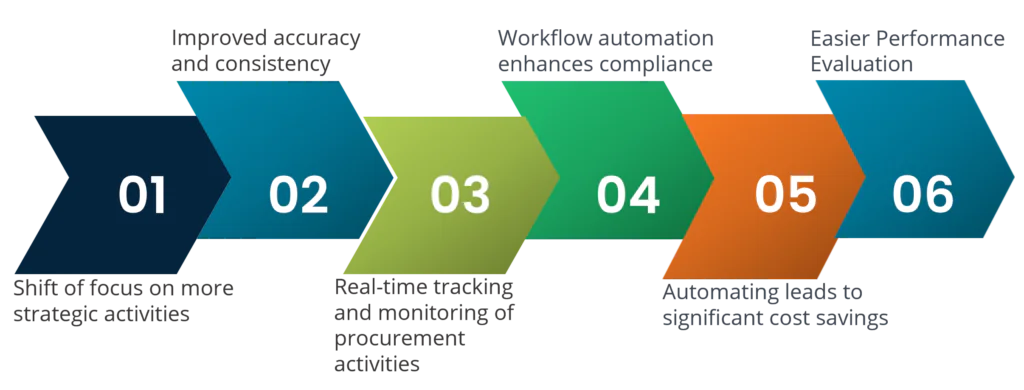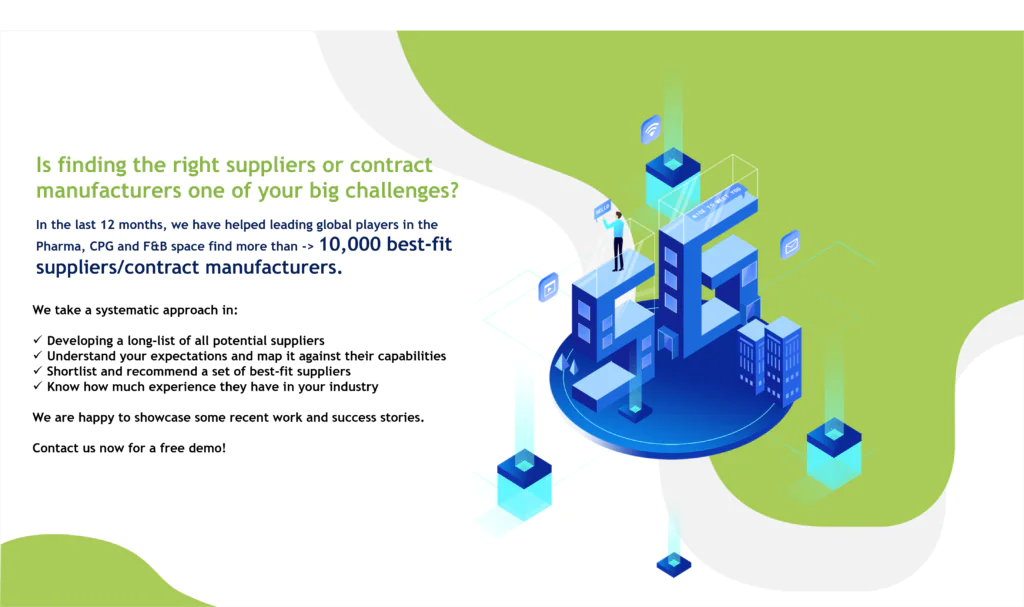By: Manpreet Kaur
Traditionally relegated to routine tasks, procurement has transformed into a strategic linchpin crucial for a company’s competitiveness and financial health. Over time, the notion of procurement excellence has matured, encompassing strategic sourcing, supplier relationships, risk management, cost efficiency, and value creation. Today, procurement is widely acknowledged as a strategic force directly impacting a company’s bottom line and competitive edge. Digital transformation, involving the infusion of technology across business processes, further amplifies this impact.
Cloud-based e-procurement platforms automate purchasing from requisition to payment, facilitating centralized processes, real-time visibility, and enhanced compliance with procurement policies. This evolution reflects the growing recognition of procurement’s pivotal role in organizational success. Blockchain ensures transparency, traceability, and security across the procurement process. It can be used to verify the authenticity of goods, track provenance, and establish smart contracts for automated transactions.
How can workflow integration benefit organizational procurement?

Shift of focus on more strategic activities:
One of the major advantages of incorporating workflow automation in your procurement procedures is the boost in efficiency. By automating repetitive tasks and streamlining workflows, your team can concentrate on more strategic activities, ultimately saving time and resources. By eliminating manual data entry and paperwork, you can significantly reduce the chance of human errors that often occur in manual processes. Additionally, workflow automation enhances transparency and accountability by providing real-time tracking and audit trails. It also accelerates approval processes, shortening procurement cycles. The improved efficiency not only cuts costs but also empowers teams to make data-driven decisions, optimizing overall procurement performance.
Improved accuracy and consistency:
Automated workflows offer improved accuracy and consistency. The system adheres to pre-defined rules and guidelines, leaving less room for error. This results in the completion of all steps correctly and consistently, leading to superior-quality outcomes. Moreover, automated workflows in procurement ensure standardized processes, reducing variations and enhancing compliance. The system’s adherence to pre-defined rules minimizes deviations, promoting accuracy in every step. This not only reduces the risk of errors but also contributes to superior-quality outcomes consistently. The consistency and adherence to guidelines foster a reliable and efficient procurement environment, reinforcing the overall reliability and effectiveness of the process.
Real-time tracking and monitoring of procurement activities:
Workflow automation allows for the real-time tracking and monitoring of procurement activities. By implementing a centralized system, you can effortlessly keep tabs on the progress of each task or request, spot bottlenecks or delays, and take appropriate actions to maintain a seamless flow. Furthermore, real-time tracking and monitoring provided by workflow automation enhance visibility into procurement activities. This proactive monitoring empowers stakeholders to take timely actions, ensuring a seamless and efficient flow of tasks. The ability to swiftly address issues contributes to agility and optimization within the procurement process, ultimately improving responsiveness and meeting organizational objectives effectively.
Workflow automation enhances compliance with regulatory requirements:
Workflow automation ensures heightened compliance with both regulatory mandates and internal policies by enforcing standardized processes. This automation not only upholds predefined guidelines but also generates comprehensive audit trails, promoting transparency for regulatory adherence. By systematically adhering to established protocols, the system significantly diminishes the risks associated with non-compliance. Beyond these advantages, automated workflows provide the ability to adapt swiftly to evolving regulatory landscapes, ensuring organizations stay resilient in the face of change. This comprehensive approach to compliance not only reduces the potential for errors but also fosters a culture of accountability and reliability within the procurement framework.
Automating leads to significant cost savings:
Leveraging digital tools for automated processes, data-driven insights, and strategic sourcing results in substantial cost savings. The integration of these technologies enables optimized purchasing decisions by leveraging real-time data analysis, identifying cost-efficient suppliers, and streamlining procurement workflows. The automation of manual tasks not only enhances efficiency but also minimizes errors, further contributing to cost reduction. Additionally, these digital solutions empower organizations to negotiate better terms with suppliers and capitalize on market trends, fostering a proactive and financially prudent approach to procurement, ultimately enhancing overall cost-effectiveness.
Easier Performance Evaluation:
Automation assesses performance against a backdrop of global logistics trends, regional disruptions, and the internal challenges faced by suppliers. This holistic evaluation provides a comprehensive perspective on performance nuances. By incorporating real-time data and predictive analytics, organizations gain insights into potential risks and opportunities. This advanced analysis not only enhances decision-making but also allows proactive adaptation to evolving market conditions. With a focus on global and local dynamics, the automated evaluation ensures a nuanced understanding of supplier performance, facilitating strategic adjustments for sustainable and resilient supply chain management.

Contact us now to solve your procurement problems!
Author’s Details
Manpreet Kaur
Assistant Manager Presales – Sourcing and Procurement Intelligence
Manpreet is a presales specialist at Infiniti Research and has expertise in sales, business strategy execution, and innovative solution design. She is actively involved in supporting clients from F&B, CPG, Healthcare, Pharma, Chemicals, BFSI, Oil & Gas and Automotive sectors.




